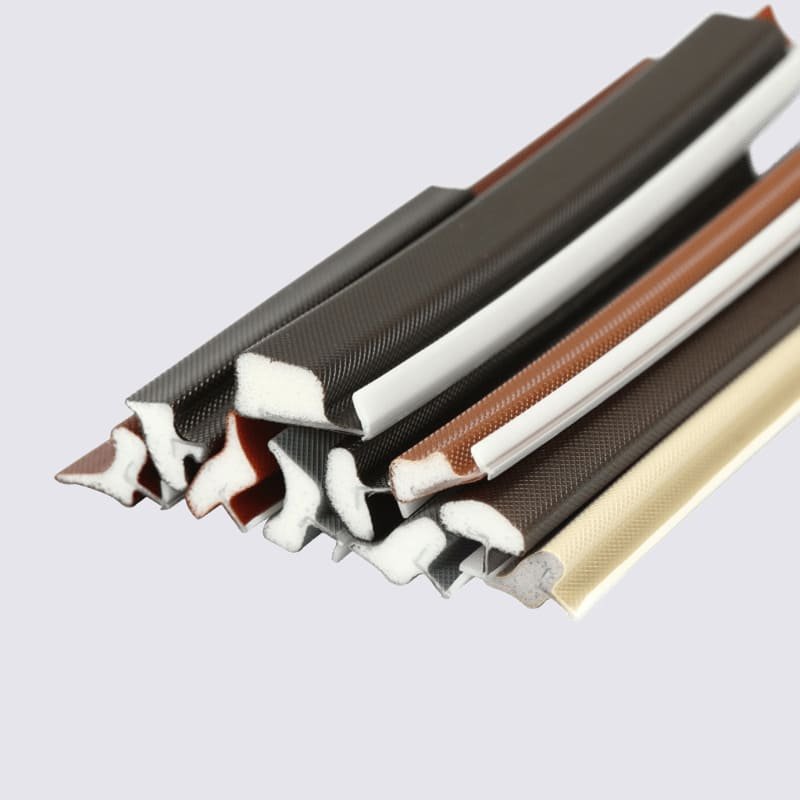Rubber hoses are essential components used to deliver fluids and gases safely and reliably in industrial machinery, vehicles, manufacturing equipment and other applications. Properly engineered rubber hoses can enhance the productivity, longevity and safety of systems that depend on the transfer of pressurized liquids and air.
Rubber hoses are a vital component in a wide range of industries, including automotive, construction, and manufacturing. These hoses provide a flexible and durable conduit for the transportation of fluids, gases, and other materials. In this article, we’ll take a closer look at 4-inch rubber hoses, rubber fuel hoses, and why China has become a leading supplier of these critical components.
What Is A Rubber Hose? Two Types Will Tell You More
A rubber hose is a flexible tube made from synthetic or natural rubber materials. These hoses are designed to transport a wide range of fluids, gases, and other materials, including water, oil, fuel, and chemicals.
Rubber hoses are available in a wide range of sizes, from small vacuum hoses to large 4-inch rubber hoses used in high-volume applications. They are also available in a variety of materials, including EPDM, NBR, and silicone, each with its own unique properties and advantages.
4-Inch Rubber Hose
4-inch rubber hoses are commonly used in high-volume applications, such as construction and mining. These hoses are designed to handle large volumes of water, mud, and other materials, making them ideal for use in dewatering, irrigation, and other applications.
Rubber Fuel Hose
Rubber fuel hoses are a critical component in the automotive industry, providing a safe and reliable conduit for the transportation of fuel from the fuel tank to the engine. These hoses must be able to withstand the high pressures and temperatures associated with fuel systems, making them a vital safety feature.
Benefits Of Rubber Hoses For Industrial Applications
Rubber hoses offer several advantages for industrial systems and machinery:
- Rubber hoses offer several advantages in industrial environments, including durability, vibration damping, leak protection, safety, easy installation, and noise reduction.
- Properly made rubber hoses can last for many years, absorbing noise and vibration to reduce mechanical fatigue. T
- They also help prevent dangerous leaks of fluids and gases from pressurized lines, reducing hazards.
- Compared to metal pipes, rubber hoses are less prone to breakage, increasing safety.
- Plus, their flexibility makes them easy to install and replace.
- Additionally, rubber dampens noise from fluid flow within the hose, contributing to a quieter work environment.




